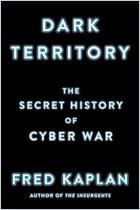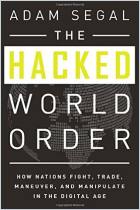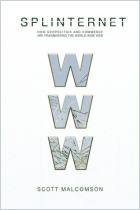
Dark Territory
The Secret History of Cyber War
ISBN: 9781476763255
Pages: 304
Read offline
Recommendation
Much of the work of national security agencies and private or hired-gun hackers occurs in secret and some of it involves cyberwarfare, a realm of constantly changing esoteric technology. When events come to light, they provoke considerable denial and conflicting narratives. This makes Pulitzer Prize-winning reporter Fred Kaplan’s lucid history of US involvement in cyberwarfare all the more impressive. In this useful look at a complicated subject, he explains cyberwar’s main participants and events, and he clarifies the politics and technologies involved. getAbstract recommends his welcome precision and strong moral sense to anyone interested in global politics, civil liberties in cyberspace, history, or the intersection of technology and society.
Summary
About the Author
Slate’s national security columnist Fred Kaplan won a Pulitzer Prize as a reporter for The Boston Globe, and was a finalist for his book The Insurgents. His other books include The Wizards of Armageddon and Daydream Believers.























Comment on this summary or Start Discussion